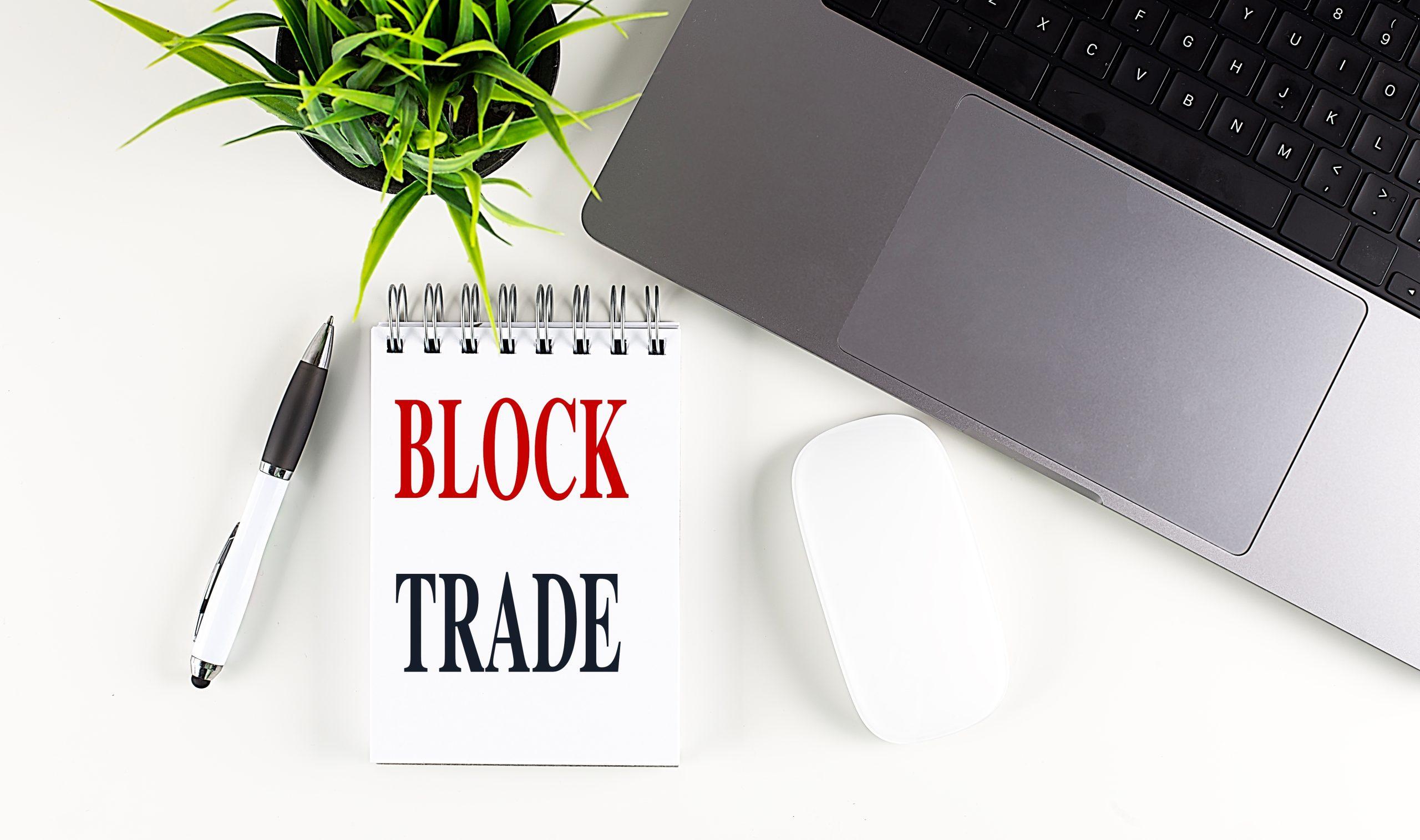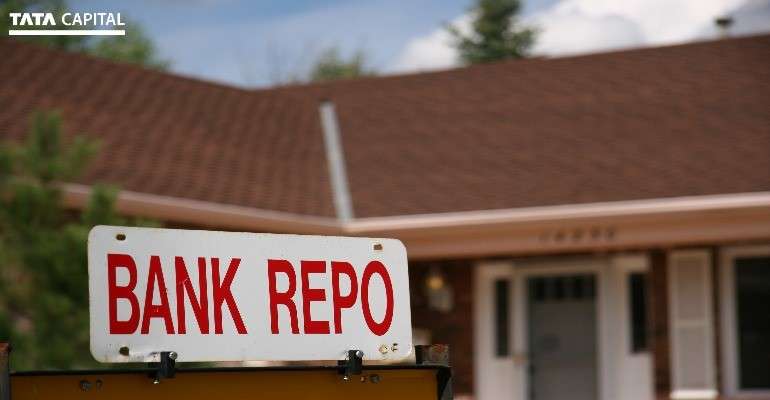In financial markets, transparency is essential, but it can sometimes reduce efficiency. Public markets, which cater to a broad range of investors, tend to slow down when large transactions are involved. This is where block trading comes into play.
Used primarily by institutional investors and investment banks, block trades allow large transactions to occur in private markets, avoiding the delays and potential disruptions of public markets. Read ahead to understand what a block trade is in the stock market and how it works.
What is block trade?
A block trade means buying or selling many securities in a single transaction, typically stocks or bonds. These are negotiated privately to avoid creating large fluctuations in the stock price. In India, according to standards set by SEBI, one can purchase 5,00,000 shares or more or securities worth Rs. 5 crores in block trading.
Features of the block trade
Now that you understand block trades' meaning, here are some unique features of block trading in the stock market.
- Private negotiation
Block trading helps avoid the direct influence of large transactions on the market price due to confidentiality.
- Execution off the open market
These trades are usually carried out through special trading windows, like the Block Deal Window on exchanges such as NSE and BSE, or through broker-dealers, to avoid price fluctuations during regular market hours.
- Institutional participants
Institutional investors like hedge funds, mutual funds, pension funds, foreign institutional investors, and high-net-worth individuals (HNIs) are the primary participants in block trades.
Benefits of the block trade
Below are some of the benefits of block trade.
1. Minimized market impact
Block trades allow large transactions without causing significant price changes, preventing slippage and market disruption.
2. Reduced information leakage
These trades are usually executed privately or within dedicated windows, which helps maintain their privacy and prevents competitors from reacting prematurely.
3. Liquidity provision
It helps provide liquidity when an investor needs to sell a large amount of shares but can't find enough buyers at the market price.
Rules of block trade in the stock market
Below are some essential rules of block trading in India. Adherence to these rules is mandatory to avoid penalties and maintain fairness in the stock market.
Any transaction involving at least 0.5% of the total shares of a listed company must be reported as a block trade. This ensures transparency in the stock market.
The approved price for the block trade must fall within a pre-decided price range. It helps in avoiding wild fluctuations in stock prices.
Block trades must occur during a specified time frame known as the block trading window. There are two such windows - The Morning Window (08:45 AM to 09:00 AM) and the Afternoon Window (02:05 PM to 02:20 PM).
Block trades are settled more quickly than normal trades. This helps in mitigating counterparty risks.
How are block trades done?
Block houses are specialised brokers or institutions that facilitate block trades in stock markets for institutional investors. They use various strategies to execute large trades with minimal market disruption:
- Dark pools: These private trading platforms allow block trades to be carried out anonymously, away from the public market.
- Iceberg orders: Only a small portion of the total order is visible to the market at any given time, with the rest of the quantity kept hidden.
- Direct negotiation: The buyer and seller negotiate the terms of the trade directly, often through a broker or trading platform, without the need to go through the public exchange.
Conclusion
Block trading offers institutional investors a significant tool for executing large transactions privately to minimise market impact, improve confidentiality, and achieve substantial cost savings.
If you're just beginning your investment journey, consider using a trusted platform like Tata Capital Moneyfy. With its wide range of investment products, Tata Capital Moneyfy helps you choose the right options to achieve your financial goals.
Visit the Tata Capital Moneyfy website or download the Tata Capital Moneyfy App today!
Popular Searches
Learn Center
Mutual Fund Investment
Calculators
FAQs
A block trade isn't inherently good or bad. It depends on context. Block trades allow large investors to purchase or sell shares without disturbing market prices. However, sudden large trades can sometimes signal potential price shifts or institutional repositioning.
Retail investors typically can't access block trades directly. These are arranged privately through brokers or investment banks for institutions or high-net-worth individuals. You can track such trades but need large capital to participate.
Block trades are usually executed by institutional investors, such as mutual funds, hedge funds, pension funds, or large corporations. These entities use block trading to enter or exit positions without triggering large price changes.
You can spot a block trade through stock exchange data showing unusually large transactions, often over 5 lakh shares or ₹10 crore in value. These are reported separately and may appear outside the regular order book activity.
Whether block trade is good or bad depends on your investor profile and market knowledge. It allows large-scale transactions without creating market volatility and offers more control to both buyers and sellers. However, it requires a certain level of expertise.
Institutional and HNI investors can use block trades to make profits from large orders. Intraday and swing traders can use block trades to make quick and easy profits during a predictable uptrend or downtrend.
 4 mins read
4 mins read
 Previous Post
Previous Post



















